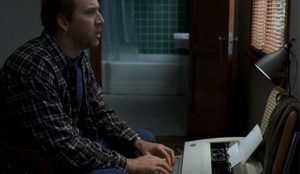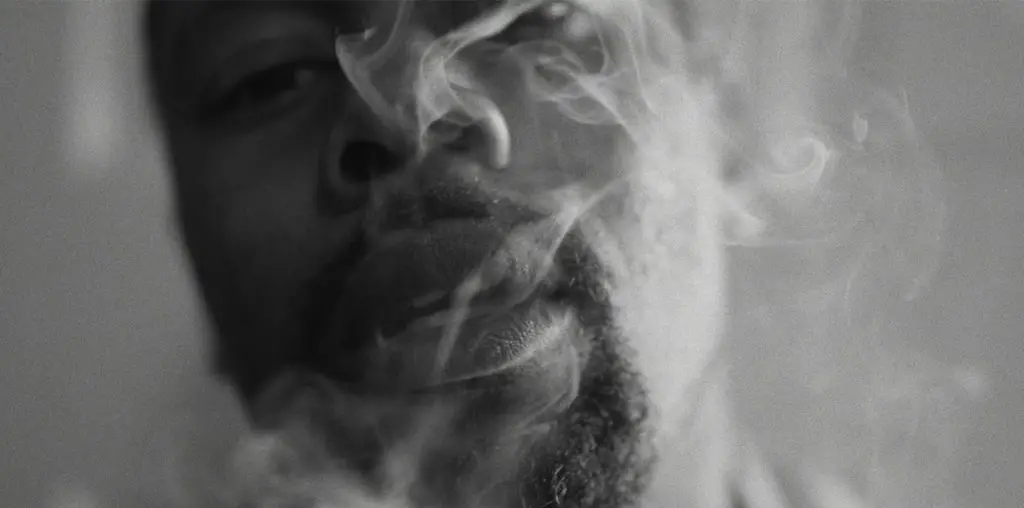
It has been almost 130 years since the Lumière brothers first projected moving images to an audience in Paris, France. Since then, the cinematic art form has evolved from the silent, narrative-free shorts of its early years to the effects-laden blockbusters of today. But throughout the years, certain films have subverted the established norms of the cinematic form by breaking the fourth wall, leading to completely new experiences.
The Art of Genre Subversion in Art and Entertainment
Genre subversion in entertainment refers to when audience expectations are challenged. When entertainment is purposefully adjusted, it can produce unique results. For example, in music, Elvis Presley’s provocative dance moves thrust rock and roll into the limelight, inspiring a whole generation.
In theater, this could be a performer breaking the fourth wall, or inviting unsuspecting audience members on stage to interact with the material. This can be seen in many industries, but one such example is online titles such as this plinko game, as it adds a gambling twist with slot-like gameplay to an activity usually played in arcades or seen on TV game shows. While the title is simplistic and accessible to play, the result of these adjustments is something unexpected, fresh, and unique.
Funny Games (2008) – Michael Haneke
Michael Haneke’s provocative thriller Funny Games, a shot-for-shot remake of his 1997 Austrian original, was described in a The Guardian review as a “macabre vivisectional experiment”. On the surface, the film tells the tale of two young men who invade the home of a young family and then submit them to a terrifying series of “games.” However, throughout the film, the young men stop and directly address the audience.
This amounts to a critique of violence in films, especially Hollywood films, and how complicit audiences are in this. It poses the question of why audiences would find horror so entertaining. At one point, the invader uses a remote control to rewind the film itself, undoing any chance of hope for the victims of his crimes.
Adaptation (2002) – Spike Jonze
Charlie Kaufman’s script for Adaptation takes meta-narrative to a whole new level. The film begins as an adaptation of Susan Orlean’s non-fiction book The Orchid Thief, then reveals that it’s based on Kaufamn’s experience of adapting the book. Kaufman himself is in the film, played by Nicolas Cage, as he struggles to adapt the story.
As the film progresses, it incorporates elements of Kaufman’s real-life career, ultimately becoming a self-referential tale imbued with wild plot twists. The film explores the duty of the writer who adapts and their obligations to the adapted author, as well as the nature of authentic storytelling.
Memento (2000) – Christopher Nolan
Long before Christopher Nolan’s Best Director win for Oppenheimer in 2024, the director turned traditional narrative structure on its head with his film told in reverse chronological order. The film is a mystery that follows a man with retrograde amnesia, with the narrative device used to place viewers in the mind of the protagonist as he solves a mystery.
The result is, as acclaimed critic Roger Ebert described, a “diabolical and absorbing experience”. The unconventional structure creates a confusing puzzle that serves to challenge the audience’s concept of memory and the unreliable narrator.
Each film explored here provides an example of how screenwriting, cinematography, and documentaries have subverted their forms to pose new questions in the viewer’s head. By breaking the form, deeper thematic messages are delivered, proving the power of cinema as a tool for philosophical self-reflection.

